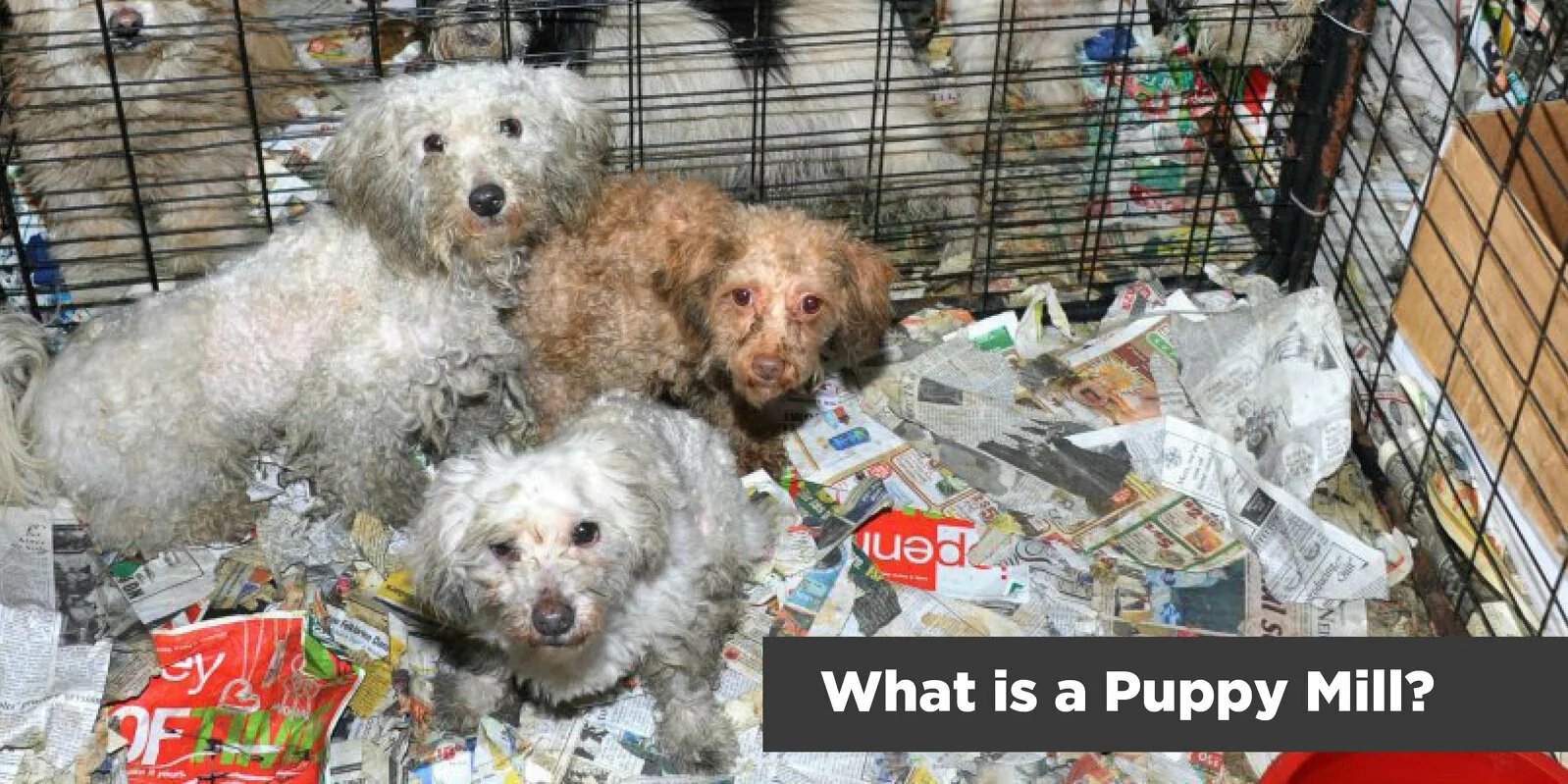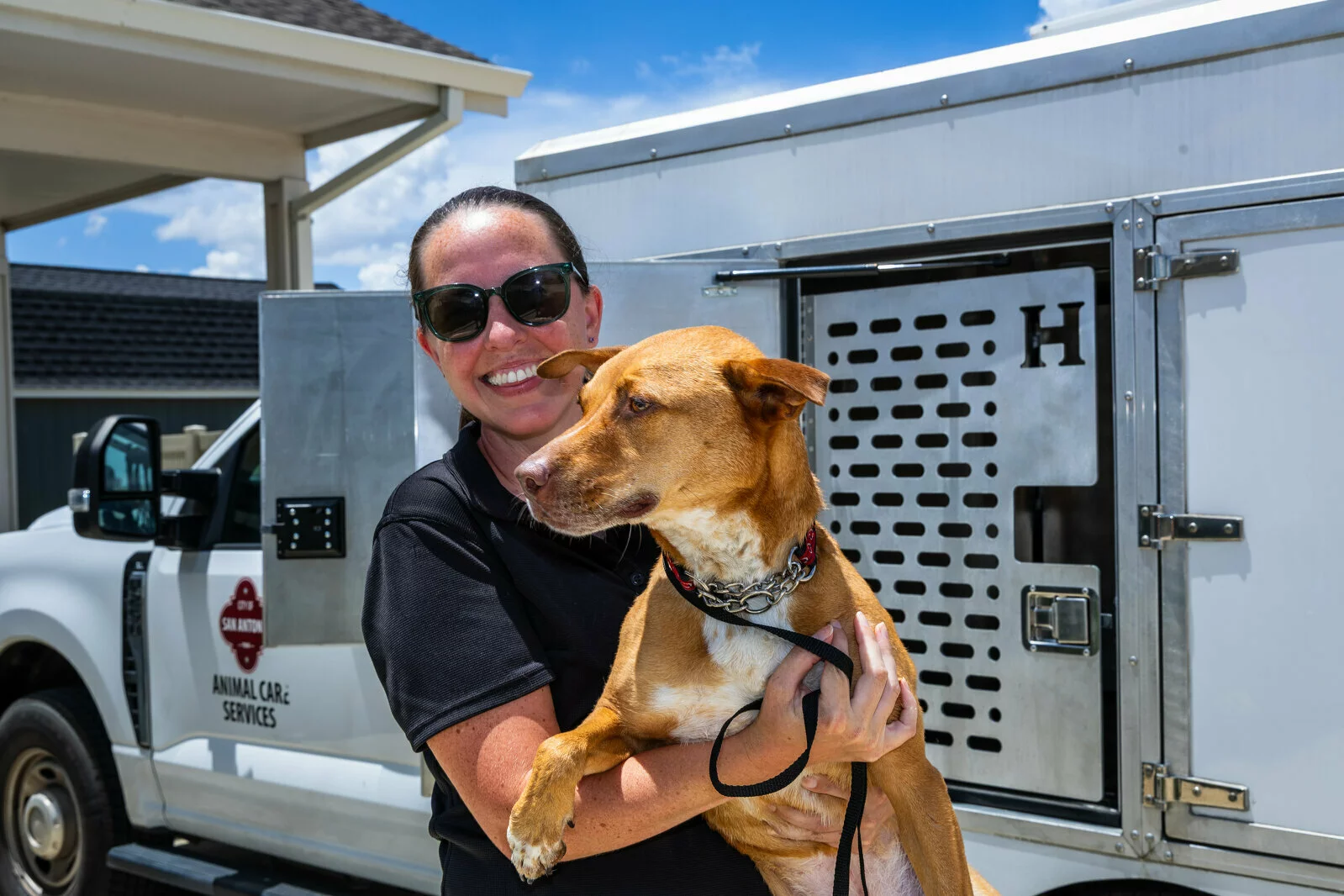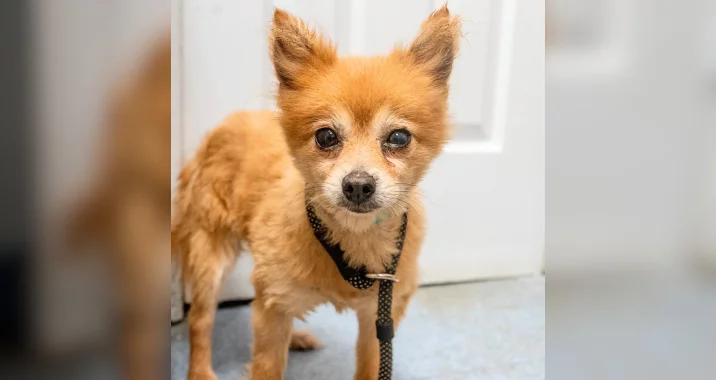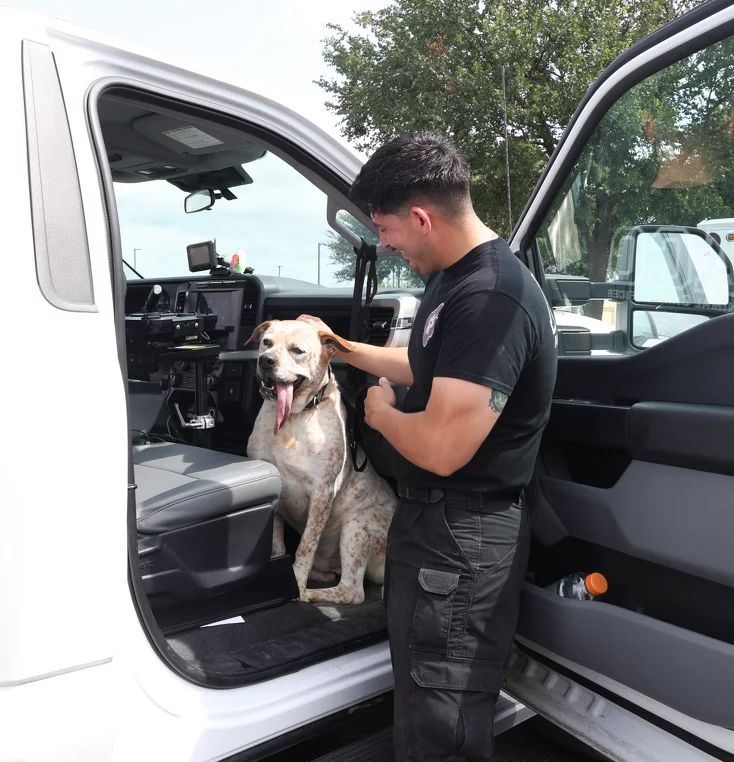Puppy Mill Awareness - Part 1
As Puppy Mill Awareness Month continues, we had BISSELL Pet Foundation’s Founder, Cathy Bissell, sit down with Janie Jenkins, the Co-Founder of Stop Online Puppy Mills to discuss the horrors of puppy mills, or should we say, puppy prisons. The more we can do to educate ourselves and those around us, the more we can do to end to the inhumanity. We hope our supporters can learn something new in the process of reading this four-part blog series.
_____________________________________________________________________________________________
Cathy: How did you first learn about puppy mills and what was your experience like?
Janie: I learned about puppy mills in 2008 and was outraged. I could not believe they could be legal and that no one knew about them. I had to take action.
Cathy: Why would someone start a puppy mill to begin with?
Janie: For the high volume breeders, the bottom line is money. Sadly, it’s a business.
Cathy: How do puppy mills affect the homeless pet population?
Janie: The poor breeding practices of high volume breeders or puppy mills absolutely affect rescues and shelters. People give up pets that have health and behavioral problems to shelters and rescues all the time. Think about it, the puppies are taken away from their moms very early and are shipped across the country. They are not properly socialized by their mothers. They don’t know how to be a dog. Mother dogs play a very important role in puppies’ lives. They teach them how to be dogs. So many of these puppies become dogs with anxiety or separation anxiety. The genetic defects and illnesses usually don’t show up for years. People surrender their dogs because they can’t afford medical care or don’t want to deal with dogs with behavioral issues. Puppy mills breed without regard to the health of the puppies. I was involved in a rescue where the mother, a Cocker Spaniel, was blind. She had birthed a litter a week before and all of the puppies were sold online. Those puppies most likely carry that blind gene. The people who bought the puppies have no idea because the puppies were shipped for Christmas and they never met the mother dog. It’s tragic all the way around.
Cathy: Where are puppy mills commonly located?
Janie: Every state has puppy mills. The major states used to be Missouri, Pennsylvania, Ohio, Arkansas, Indiana, and Oklahoma but with the explosion of the online sale of puppies and so many more Amish dog breeders, every state has puppy mills.
Stay tuned as we dive deeper later this week week when Janie shares what life is like for these dogs inside the puppy prison…
To learn more about puppy mills and to help us educate others to help end them, follow Stop Online Puppy Mills on Facebook and Instagram.




